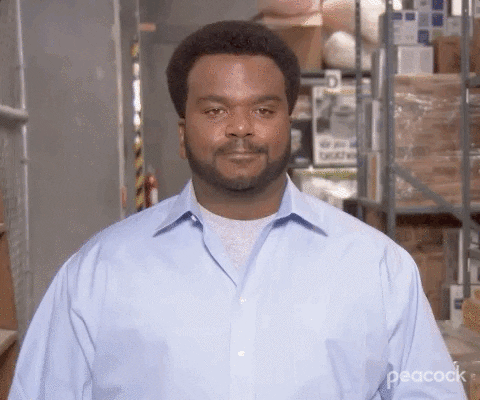Sweat the Big Stuff
We’ve all heard traditional financial media telling people to cut out lattes, stop eating out, and get rid of any other “non-essential” purchases as the keys to getting rich. These small, daily splurges are cited as the reason so many have poor money management skills and insufficient retirement savings.
Is trying to save a couple of bucks here and there by not eating out or using coupons for everything really what’s keeping people from retiring?
While learning to control your spending is a crucial financial skill, saving on small purchases may not have as profound an impact on your financial life as you might think.
Take saving money on gas as an example. This is a popular one.
Let’s be very generous and say you’ve found a gas station that saves you $0.25 per gallon. You drive frequently so you fill up a 12-gallon tank twice a month. You’re also extremely diligent, so rather than just spend your savings on other stuff (which is typically what happens) you actually invest the money you’ve saved. You never go to a more expensive gas station, you invest every month, and never pull that money out.
After 30 years of average market returns, you would end up with around $8,156. Thirty years of driving around town trying to find the cheapest gas every other week would maybe give you an extra month of retirement savings.
On a similar note, I also observe people who are overly concerned with getting the best interest rate possible on their high-yield savings account. Let’s say you have a healthy $50,000 emergency fund and you found a bank that offers a 0.5% higher interest rate than all other banks. Using the same investment logic as before, you’d end up with about $8,070 after 30 years which, again, might be slightly more than a month of retirement spending.
Whether it be buying the cheap brand of cereal, or the off-brand toothpaste, or not getting that Diet Coke with your meal, you can do this same exercise and end up with similar results.
I’m all for saving money when possible, but these small purchases are largely meaningless in the grand scheme of things. Instead of focusing so much time and energy on maneuvering your spending around small discounts, shift your focus to the things that actually move the needle.
Humans are cognitive misers, meaning we have limited attention spans. So the more money decisions we have to make the more our willpower and ability to make smart decisions is reduced. This is why budgets often fail and this type of budget-crunching advice doesn’t actually dissuade people from buying stuff, but rather leaves them feeling guilty when they inevitably do.
Save your willpower for the few large money decisions that will make a difference, like purchasing a house, buying a car, negotiating a raise, building a side hustle, investing, etc.
Buying a more affordable house or car can save you hundreds each month. Negotiating a small raise can be worth years of lattes. These choices can save you significant money and don’t require any additional effort after the initial purchase.
Saving $100 once or $1 one hundred times gives you the same result, but one is far easier and more sustainable.
Studies have also shown that obtaining many small purchases over a few large ones has a bigger impact on happiness. It’s often the newness of something that makes it enjoyable — and the newness of infrequent large purchases wears off quickly. Interestingly enough, we’re usually more willing to splurge on big purchases but skimp on small daily ones. For example, I’ve watched people splurge hundreds of dollars on new barstools for their kitchen and then stress about getting guac on their burrito.
Happiness is more strongly associated with the frequency of good experiences rather than the intensity of them. So, if eating out with your friends makes you happy, go for it. The ends don’t justify the means if the means make you miserable.
The real key to spending wisely is not about trying to find a discount at every turn or cutting out small pleasures. It’s all about figuring out what you value and allocating your money properly. Spend on the things you love. Cut out spending on anything that you don’t.
Thanks for reading!




